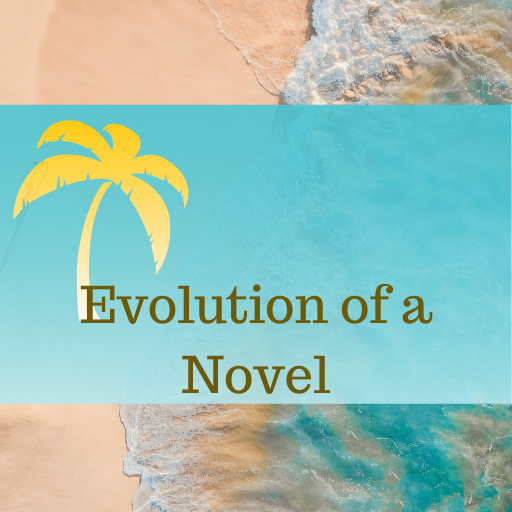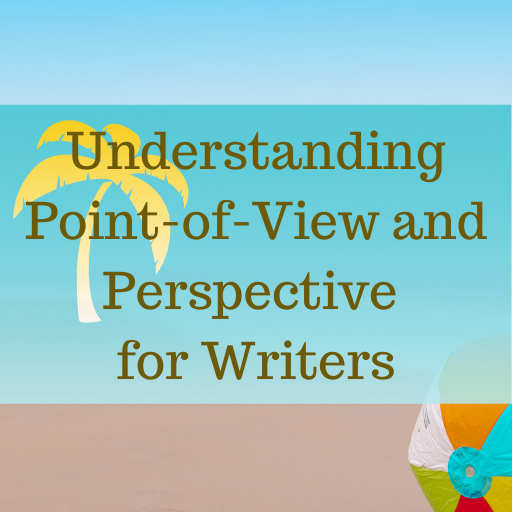Eliminating or Reducing Flashbacks in Stories
Eliminating or reducing flashbacks in stories may be necessary to help with the narrative flow and keep readers interested in what’s ahead.

Tips for Eliminating or Reducing Flashbacks in Stories
Authors like to use flashbacks to show backstory. Unfortunately, flashbacks can stop the narrative flow in its tracks.
Rather than increasing dramatic tension, flashbacks tend to drain it. Readers experience them not as enhancements to the text but as interruptions. As a rule, readers don’t care about what happened in the past. They care about what happens next.
Authors often use flashbacks as a way to solve a problem. (In fact, most developmental problems are attempted solutions to other problems.)
Common Uses for Flashbacks
Here are three common problems authors try to solve with flashbacks:
- Author is afraid the character’s motivation won’t be clear without a visit to the experience that shaped the motivation. So the manuscript ends up with something like: “Anna didn’t want to get involved. She remembered the last time she’d gotten involved. [Cue long, convoluted flashback about how Anna’s meddling backfired once.]”
- Author is afraid the emotional impact of a current scene won’t be felt unless the reader knows what led up to the scene: “Anthony watched in horror as the dog ran across the street. [Cue long, convoluted flashback about how when Anthony was nine years old his dog was run over by a truck.]”
- Author is attempting to “show, don’t tell.” For example, “Regina wondered what her boss wanted. The last time a boss had set up a meeting without explaining why, she’d been fired.” An author may recognize that as telling rather than showing, and remembering that they are supposed to show instead of tell, may seize the opportunity to show: “Regina wondered what her boss wanted. She remembered [cue long, convoluted flashback to a scene where Regina is fired.]”
Depending on the situation, a writer who is overly reliant on flashbacks to tell the story may have started the story in the wrong place or is telling the wrong story.
In one of my recent edits, where flashbacks did too much heavy lifting, I asked the author to reflect on what her story is about. In essence, she tells the tale of a woman’s disintegrating marriage, but where such a story starts can vary. Is she telling the story of how the marital problems arise? Or is she telling the story of what happens after the protagonist realizes her marriage is in jeopardy and she must make a decision? My author wanted to tell story #2, but she was telling story #1 in the flashbacks.
Now, of course, it’s possible for an approach like this to work, with flashbacks expertly entwined with the forward action, but probably not, and rarely in an inexperienced author’s hands.
So, the solution was to have the author commit to telling story #2 and to prune out as much of the backstory as possible. For story #2, how the protagonist got to where she is when the story opens isn’t as interesting to the reader as what happens next: “Marriage is in trouble? Okay, got it.” That’s basically all the reader needs for the story to get underway.
Tips for Editors & Writers
Helping Authors Strengthen Story Settings
The setting of a novel consists of multiple elements, big and small, that nest inside each other like those little Russian dolls. We might show this hierarchy of settings like so: If you think about it, the micro setting of “the living room of 601 San Mateo Road Apartment 16” implies the existence of all…
Setting problems: lack of concrete locations
Writers often use setting like a painted backdrop to their stories, rather than as an integral element of their storytelling. As DEs, we can help them make the setting come to life. If we think of Wuthering Heights, we think of the Yorkshire moors. When we think of Moby Dick, it’s a whaler on the…
Join the Club!
New to story editing? Begin at the beginning.







